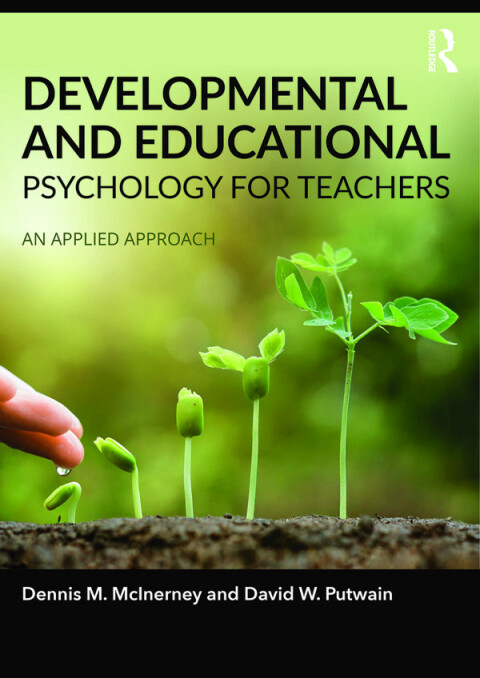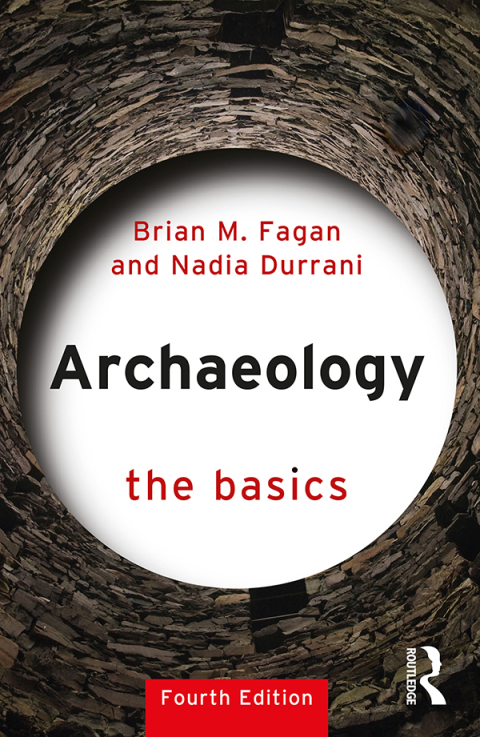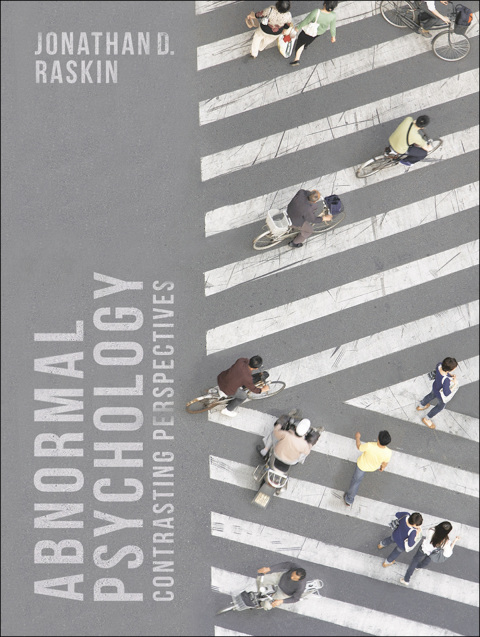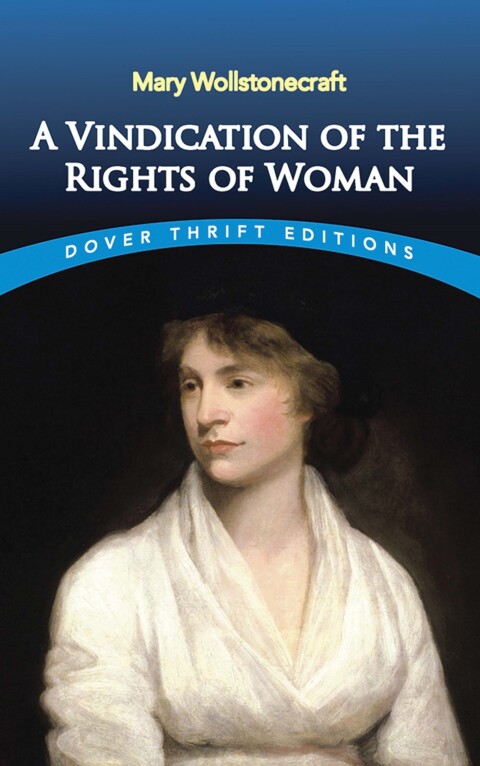Description
Efnisyfirlit
- Cover Page
- Developmental and Educational Psychology for Teachers
- Title
- Copyright
- Contents
- About the Authors
- Acknowledgments
- Preface
- 1 Developmental Psychology: Themes And Research
- Introduction
- Studying Development
- Themes in Developmental Psychology
- Psychology and the Scientific Method
- General Principles of Good Research
- Ethics and Research
- Internet Resources
- 2 Heredity and Environment and Special Learning Needs
- Introduction
- Basis of Heredity – A Simplified Overview
- Interactions Between Heredity and Environment
- Prenatal Influences
- Developmental Problems in Childhood and Educational Implications
- Streaming and Ability Grouping
- 3 Physical and Motor Development: Infancy to Late Childhood
- Introduction
- Principles of Development
- Overview of Developmental Stages
- Principles of Motor Development
- Individual Differences in Motor Development
- 4 Physical and Motor Development: Puberty to Adulthood and Developmental Health
- Introduction
- Puberty and Adolescence
- Developmental Trajectories: Early and Late Maturation
- Adolescents and Body Image
- Health Issues and the School Environment
- 5 Cognition and Cognitive Development: Infancy to Late Childhood
- Introduction
- Continuity and Change in Cognitive Development
- Jean Piaget
- Stages of Intellectual Development
- Concrete Operations Stage
- Implications of Piaget for Education
- Lev Vygotsky
- Classroom Applications of Vygotskian Theory
- Jerome Bruner
- Language Development
- 6 Cognitive Development: Adolescence to Adulthood
- Introduction
- Piaget and Adolescent Cognition
- Current Status of Piaget’s Theory
- Further Thoughts On Vygotsky
- Metacognition
- Cognitive and Situated Learning
- 7 Conceptions of Intelligence and Creativity in Childhood and Adolescence
- Introduction
- Psychometrics and Intelligence
- Gardner’s ‘Frames of Mind’
- Multiple Intelligences
- Psychometric Approaches to Cognitive Measurement
- Sternberg’s Triarchic Theory of Intelligence
- Creativity
- Personality Characteristics
- 8 Cognition and Information Processing in Childhood and Adolescence
- Introduction
- Information Processing
- Remembering and Forgetting
- Strategies to Help Learning
- Classifying to Help Learning
- Remembering and Forgetting
- How Do Experts Differ from Novices in Information Processing?
- Using The Information Processing Approach in The Classroom
- 9 Personal and Social Development in Childhood
- Introduction
- Sigmund Freud
- Current Status of Freud’s Theory
- Classroom Implications of Freud’s Theory
- Erik Erikson
- Parental and Grandparental Involvement in School
- Humanism and Personal Development
- Carl Rogers
- Abraham Maslow
- Classroom Implications of Humanistic Perspectives
- Social and Emotional Development in Childhood
- Social and Emotional Development
- 10 Personal and Social Development in Adolescence
- Introduction
- Social and Emotional Development, Social Identity, and Adolescence
- Family Relationships, Social Development, and Relationship to Academic Adjustment
- Erikson: Identity Formation
- Erikson: Young Adulthood and Beyond
- Classroom Applications of Erikson’s Theory
- Identity Crisis
- Parental Involvement and Identity Formation
- The Importance of The Peer Group to Adolescents
- Social Development and Alienation
- Adolescent Suicide
- Self-Concept, Self-Esteem, and Effective Learning
- Self-Regulation and Adolescence
- Self-Efficacy and Adolescence
- High School Environments and the Development of Adolescents
- 11 Moral Development in Childhood and Adolescence
- Introduction
- Moral Development
- Jean Piaget’s Stage Theory of Moral Development
- Lawrence Kohlberg’s Stage Theory of Moral Development
- Elliot Turiel’s Domain Theory of Moral Development
- Carol Gilligan and Gender Differences in Moral Development
- Neo-Kohlbergian Approaches to Moral Development
- Classroom Applications of Moral Development Theory
- Nel Noddings and Caring Schools
- Glossary
- References
- Index






Reviews
There are no reviews yet.